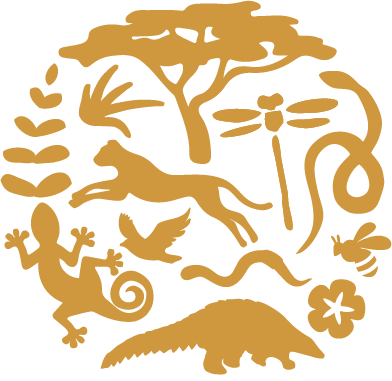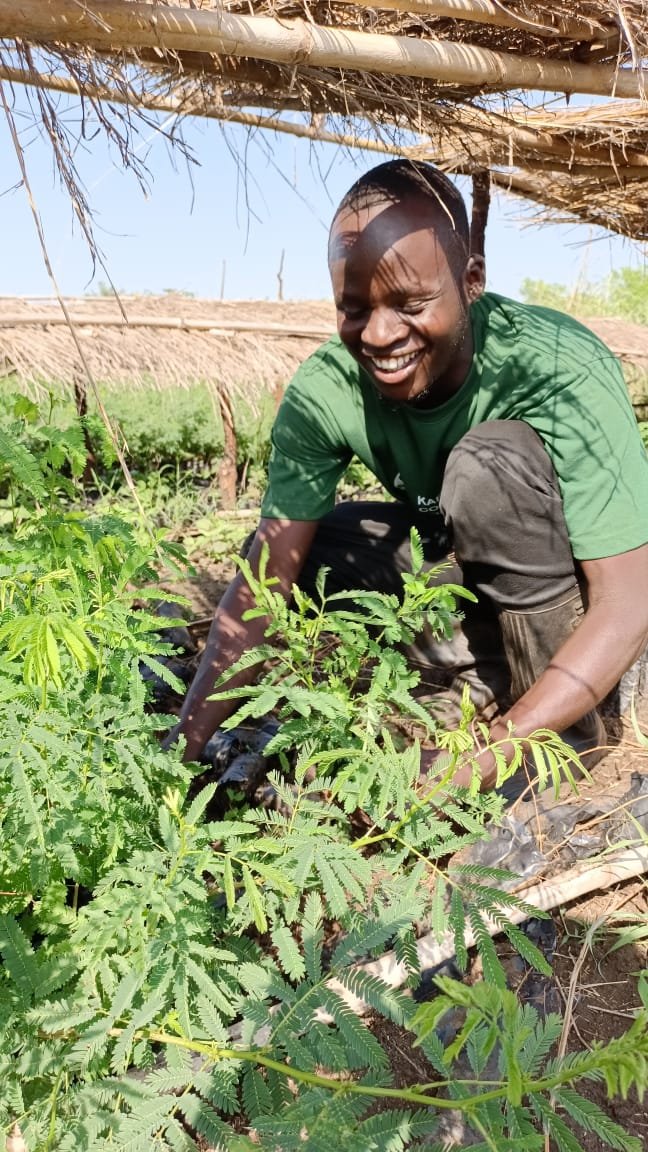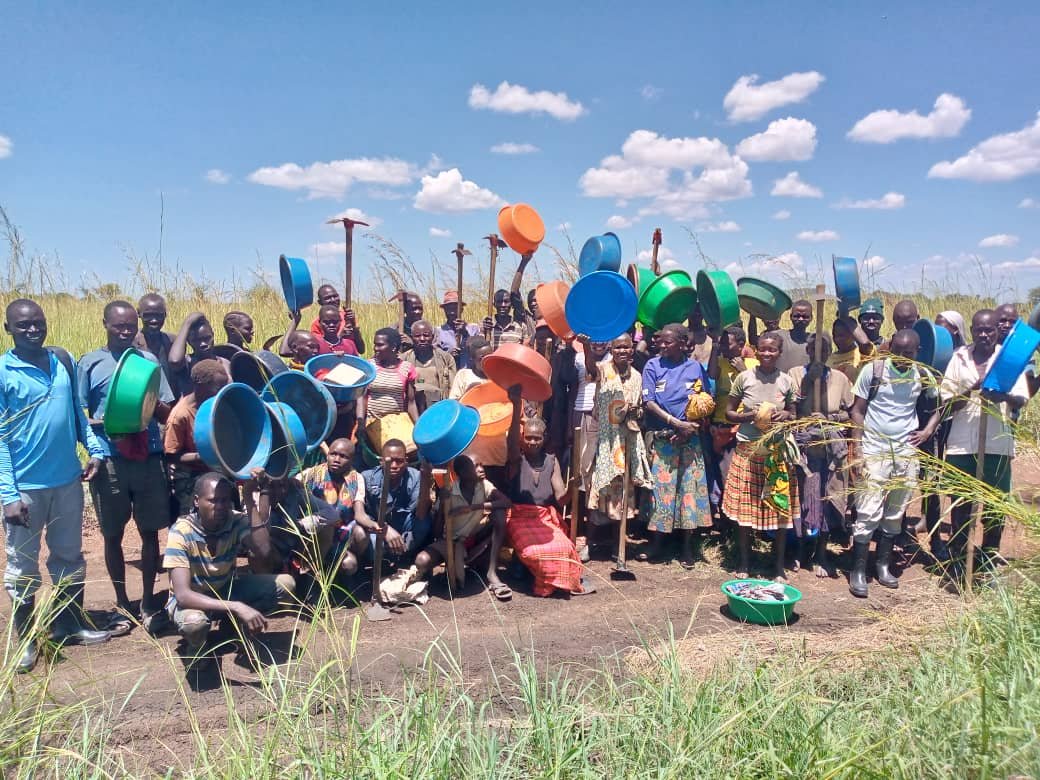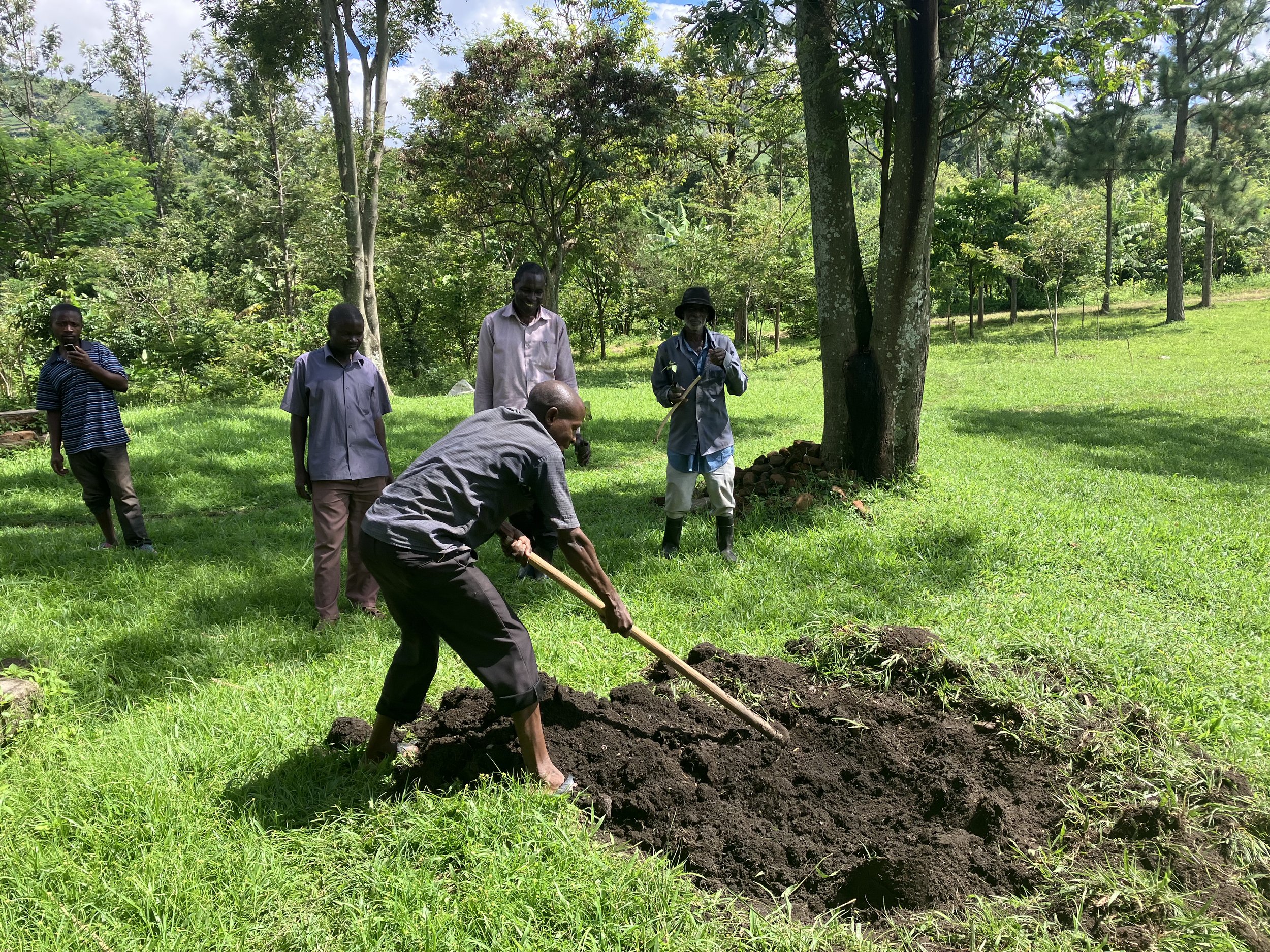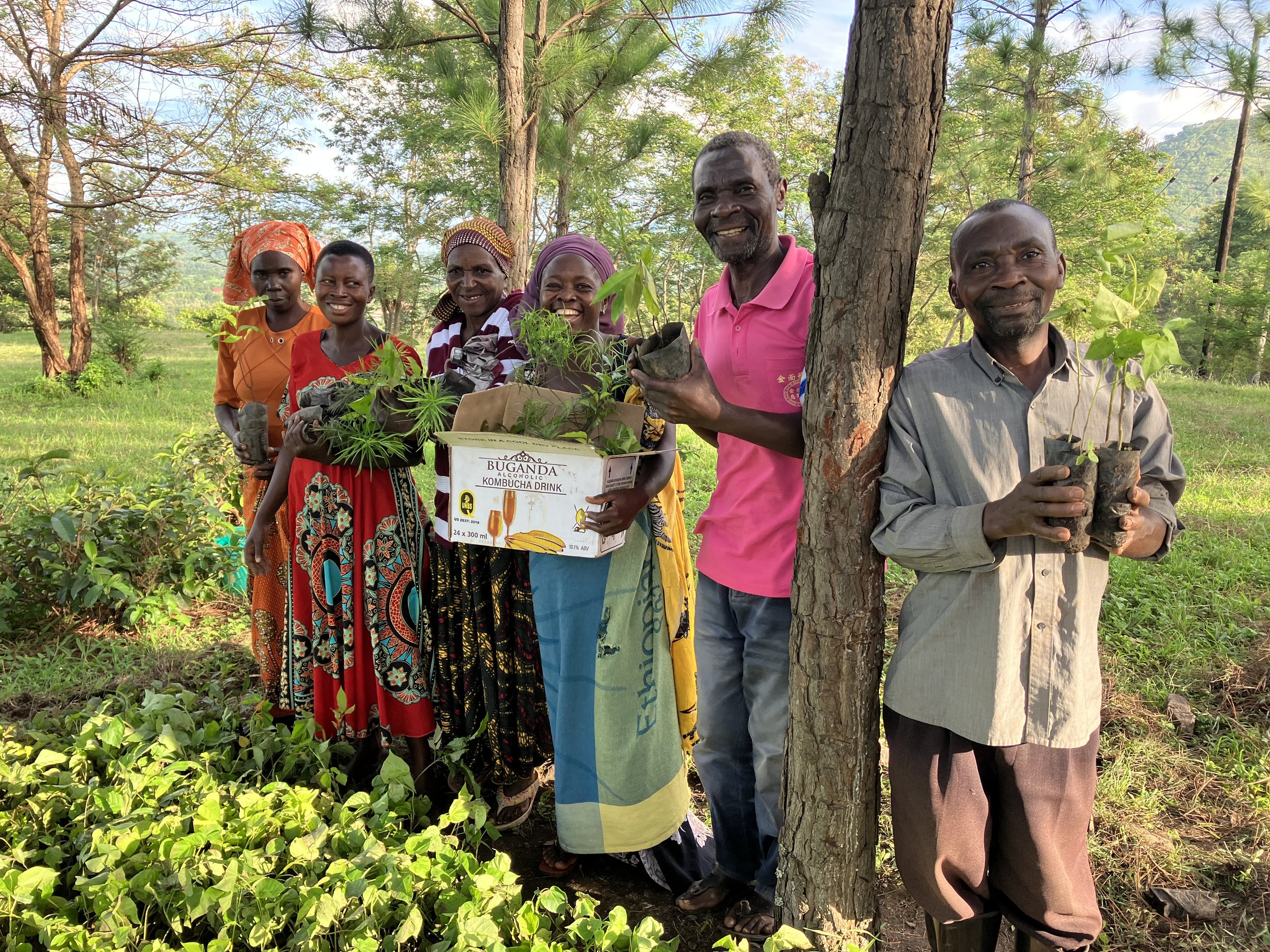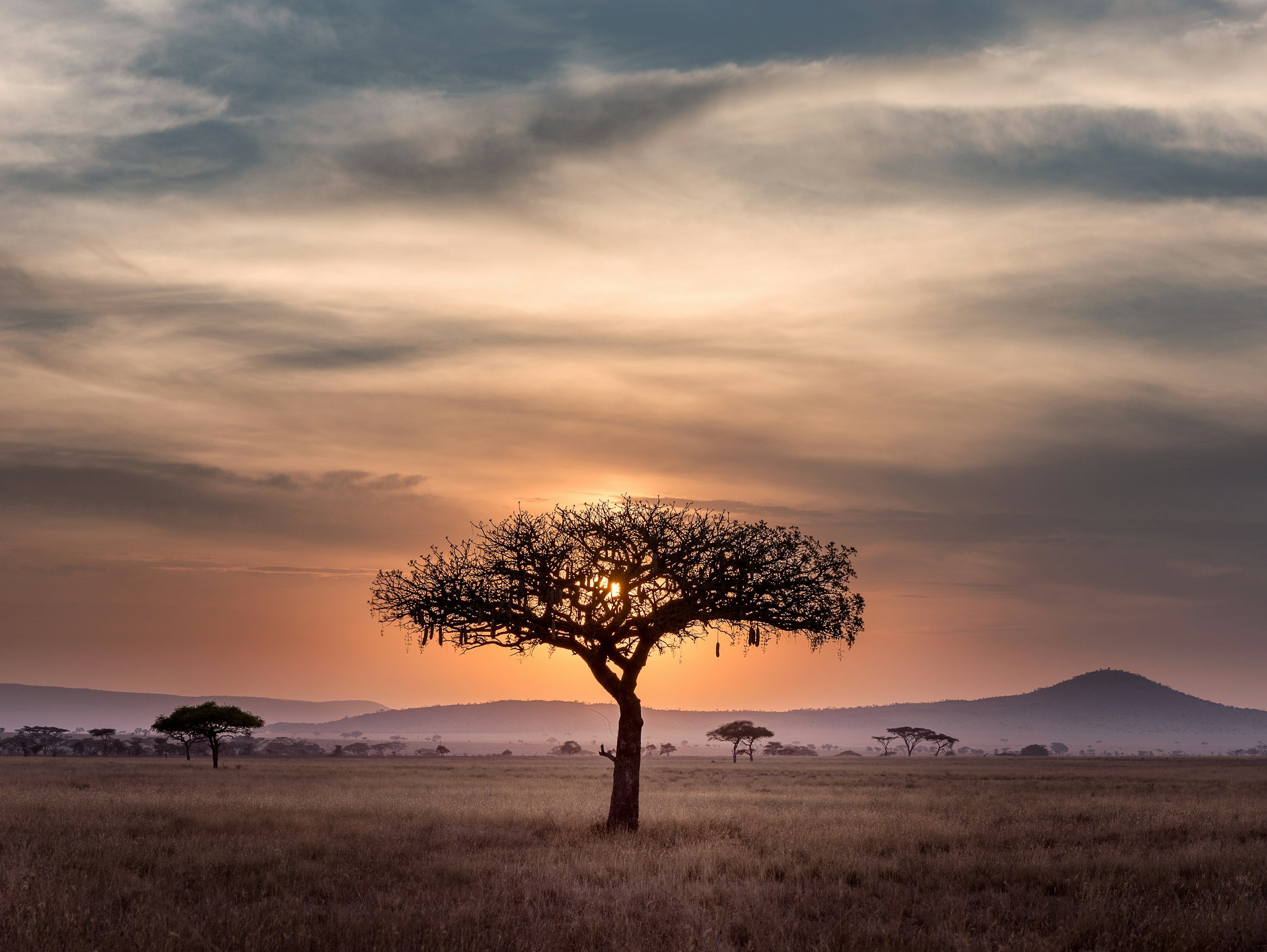
Reforestation and Restoration
Uganda’s forest cover has plummeted from 24% in 1990 to just 9% in 2018—a staggering loss of 3 million hectares. At Biodiversity Alliance, we are on a mission to reverse this trend and bring back the trees. Reforestation not only revives critical habitats and protects endangered species but also safeguards culturally significant tree species that hold deep meaning for indigenous communities—making their preservation all the more vital.
Through reforestation and soil restoration, we address the devastating impacts of deforestation, climate change, and soil degradation. Healthy forests and soils are the lifeblood of our planet, supporting biodiversity, enhancing water cycles, and capturing carbon to combat global warming.
Our work goes beyond restoring ecosystems; it empowers communities by creating sustainable livelihoods, improving food security, and fostering resilience against environmental challenges. At Biodiversity Alliance, we believe that regenerating the earth’s natural systems is essential for both people and nature to thrive—because a healthier planet means a brighter future for us all.
“The clearest way into the Universe is through a forest wilderness.” – John Muir
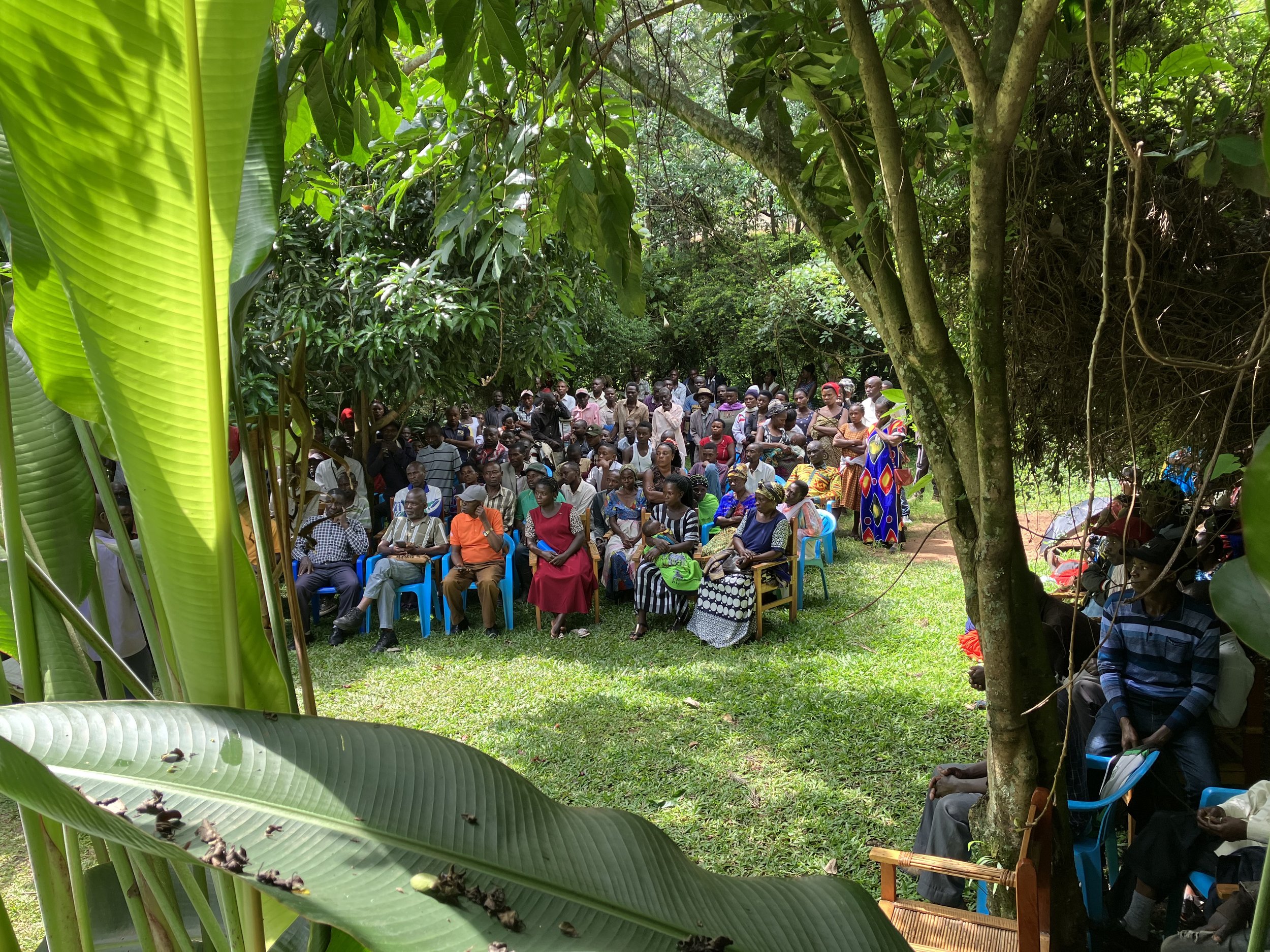
The Bugoye Tree Project
In early 2022, the Biodiversity Alliance (BA) conducted an extensive assessment of reforestation needs in the Bugoye region, at the request of Bugoye Hydro Limited (BHL). BA meticulously documented the condition of the canal and its surrounding watershed, while also examining the social, economic, and environmental challenges that were impacting the local community and proposing action plans to restore the canal and enhance livelihoods.
The Bugoye area presents a unique challenge, as it lies at the nexus of a complex situation. Here, a 14MW hydro power station is situated along the unpredictable Mubuku River, which traverses a community heavily reliant on a fragile farming ecosystem. Originating from the Rwenzori mountains, the Mubuku River frequently overflows its banks, causing significant damage to crops, livestock, and even entire homesteads. BHL, with all its infrastructure, is constantly under threat, if not directly impacted by these natural events. Caught in the middle of this dilemma is the urgent need to restore and preserve natural ecosystems.
The Bugoye Tree Planting and Restoration project was conceived to initiate a long-term process of ecosystem restoration while concurrently offering strategies to enhance local livelihoods. This initiative engaged 450 farmers from four villages, providing them with comprehensive training in restoration, reforestation, and livelihood improvement. Additionally, 12,000 indigenous seedlings were distributed and planted as part of this effort.
Distributing tree seedlings is one aspect of the endeavor, while ensuring their proper planting and ongoing care is another critical facet. Thanks to the dedicated efforts and guidance of our field staff, the planting process unfolded both on individual farmers' family plots and at designated BHL sites along the canal.
Our team concluded an exhaustive field tree monitoring initiative, which involved visits to every farmer who received seedlings. A total of 187 family farms, which received seedlings, were meticulously assessed during this monitoring effort. Out of the initial distribution of 12,000 seedlings, an impressive 8,521 seedlings have thrived, constituting an encouraging 71% survival rate.

